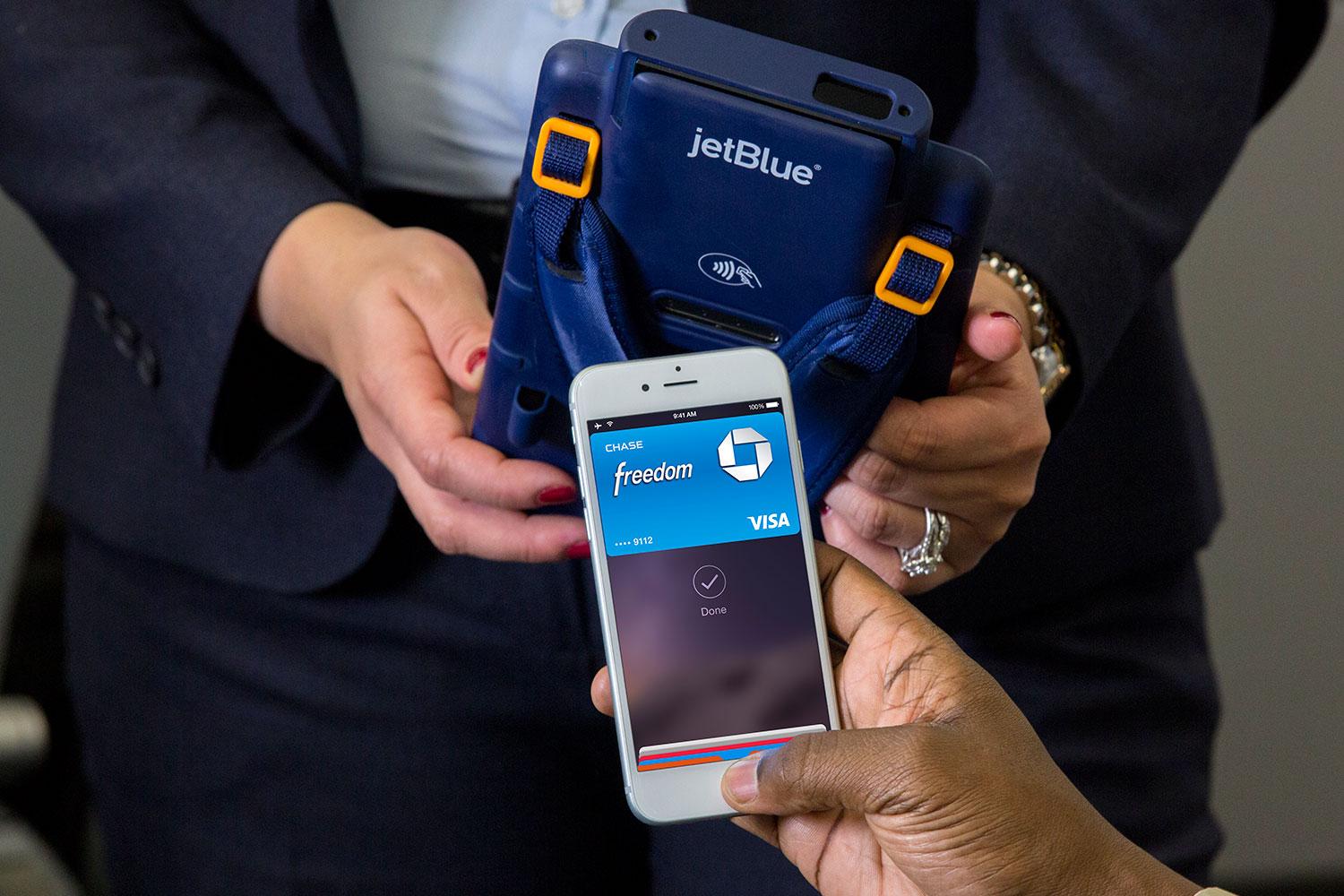Paymentology Launches PayoCard to Expand Mobile-First...
- 05.08.2025 09:35 am
N26 Strengthens Travel Offer With Travel eSIM Mobile...
- 17.07.2025 05:25 pm
Lloyds Becomes First UK Bank to Offer In-App Travel...
- 28.05.2025 10:35 am
Infosys Collaborates With Yorkshire Building Society...
- 30.04.2025 05:50 pm
Glia Powers Seamless Mobile Banking Experience With...
- 22.04.2025 05:05 pm
Lunar Launches Lunar Youth – Empowering the Next...
- 12.03.2025 03:05 pm
Garanti BBVA Enhances Investment Options on Its Mobile...
- 23.12.2024 03:05 pm
Intergiro Launches No-Code White-Label Platform to...
- 11.09.2024 09:45 am
Glia Brings Unified Interactions to NCR Voyix’s Mobile...
- 18.06.2024 09:15 am
PVcomBank Transforms Mobile Banking for One Million...
- 16.05.2024 09:30 am
Finastra Reimagines Digital Experiences with Next Gen...
- 25.04.2024 09:30 am
BofA Unifies Mobile Apps for Banking, Investing, and...
- 22.03.2024 10:04 am






















